News
Phenacetin (CAS No. 62-44-2): A Comprehensive Guide
Apr. 25, 2024
Phenacetin, identified by its CAS number 62-44-2, is a compound that has played a significant role in the realm of pain relief and fever reduction. Once hailed as a non-opioid analgesic and fever reducer, phenacetin was widely utilized to alleviate a variety of ailments, including headaches, joint pain, neuralgia, and fever. In this guide, we'll delve into the intricacies of phenacetin, exploring its properties, historical uses, safety considerations, and current status.
Understanding Phenacetin: Properties and Composition
Phenacetin is characterized as a white crystalline solid with a slightly bitter taste and no discernible odor. Chemically, it is classified as a non-opioid analgesic, belonging to the para-aminophenol derivatives group. Its structure is similar to that of acetaminophen (paracetamol), another widely used pain reliever and fever reducer.
Historical Uses of Phenacetin
Analgesic and Fever Reducer
Phenacetin gained prominence in the late 19th and early 20th centuries as a reliable analgesic and fever reducer. It was commonly used to alleviate various types of pain, including headaches, joint pain, and neuralgia. Additionally, phenacetin was valued for its ability to reduce fever, making it a staple in many households for treating colds and flu.
Evolution of Usage: From Standalone Drug to Raw Material
Decline in Solo Use
Despite its effectiveness in pain relief and fever reduction, phenacetin's popularity waned due to concerns about its safety and potential side effects. Prolonged or excessive use of phenacetin was found to be associated with adverse health effects, including kidney damage and carcinogenicity. As a result, phenacetin is no longer used as a standalone medication for pain relief or fever reduction in many countries.
Transition to Combination Therapy
While phenacetin is no longer used alone, it continues to play a role in pharmaceutical formulations as a raw material. It is often combined with other drugs, such as aspirin and caffeine, to create combination therapies for treating the common cold and flu. These combinations provide the benefits of pain relief and fever reduction while minimizing the risk of adverse effects associated with phenacetin.
Safety Considerations and Regulatory Status
Toxic Side Effects
Prolonged or excessive use of phenacetin has been linked to several toxic side effects, including renal toxicity and carcinogenicity. The accumulation of phenacetin metabolites in the kidneys can lead to kidney damage and impairment, while its carcinogenic properties raise concerns about its long-term safety.
Regulatory Measures
In response to safety concerns, regulatory agencies in many countries have taken action to restrict the use of phenacetin in pharmaceutical products. In the United States, phenacetin was withdrawn from the market in the 1980s due to its association with adverse health effects. Today, its use is strictly regulated, and it is only permitted as a raw material in combination therapies under controlled conditions.
Conclusion: Navigating the Legacy of Phenacetin
In conclusion, phenacetin (CAS No. 62-44-2) has left an indelible mark on the history of pain relief and fever reduction. Once revered for its efficacy in treating various ailments, phenacetin's reputation was tarnished by concerns about its safety and toxic side effects. While it is no longer used as a standalone medication, phenacetin continues to find utility as a raw material in combination therapies for the common cold and flu.
If you have any inquiries about phenacetin or require a reliable supplier for pharmaceutical raw materials, feel free to contact us. Our team is committed to providing quality products and ensuring customer satisfaction.
Germany/ Netherlands/ / Australia warehouse stock which support self-pickup and fast delivery.
Previous: None
Next: Exploring the Benefits and Uses of Benzocaine (CAS 94-09-7)
-
shiny phenacetin powder cas 62-44-2 pian killer caine
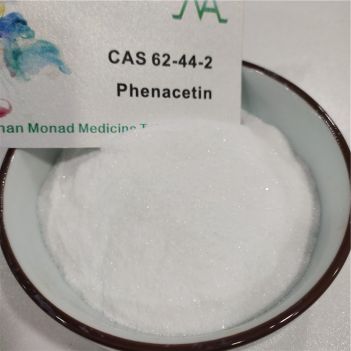
-
white powder phenacetin CAS 62-44-2 for Pain Killer
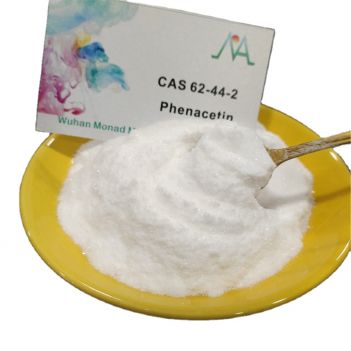
-
Top Quality Magnesium Oxide CAS 1309-48-4
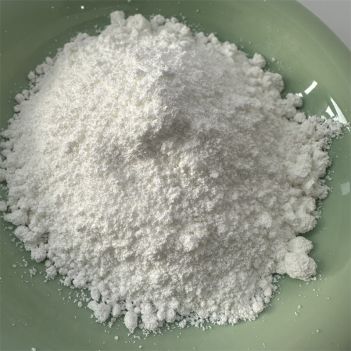
-
9-Hydroxyfluorene CAS 1689-64-1 Moscow stock high yield 9-fluorenol
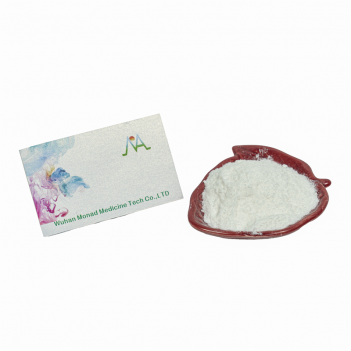
-
Cas 41232-97-7 bmk liquid with high yield rate 70% new BMK POWDER
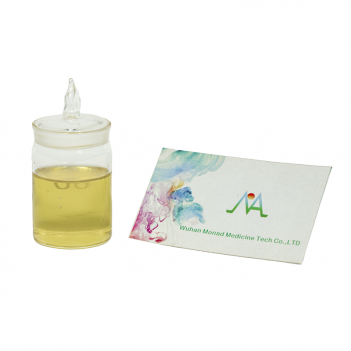
-
N-Methylformamide (NMF) CAS 123-39-7

-
Painkiller CAS 93-02-7 Powder 2, 5-Dimethoxybenzaldehyde Medicine Material
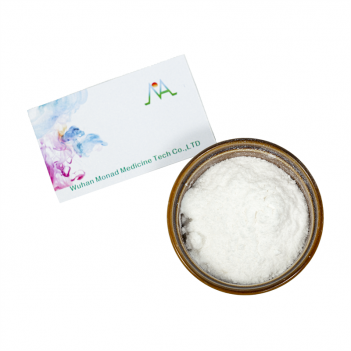
-
hot sale high yield good price cas 2647-50-9
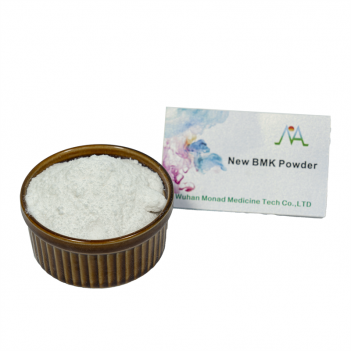
-
Moscow Warehouse Pick up New BK4,2B4M liquid cas 91306-36-4

-
Germany stock bmk powder bmk for cas 5413-05-8

-
China Supply CAS 25895-60-7 Sodium Cyanoborohydride with Lower Price and Top quality

Navigation
Mandy WhatsApp: +8618771942761
Ada WhatsApp: +8618771982534
Cathy WhatsApp: +8613387630955
Emily WhatsApp: +8613297057536





